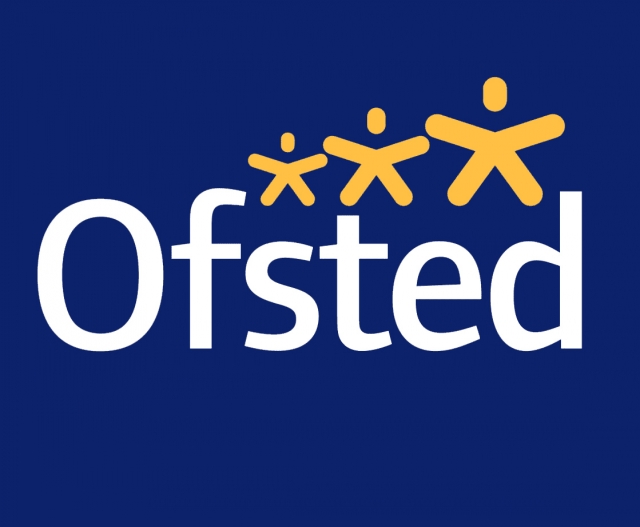Responding to the latest Ofsted Consultation

'Education inspection framework 2019: inspecting the substance of education'
This month Ofsted have issued a consultation on their new inspection framework entitled Education inspection framework 2019: inspecting the substance of education.
Over the past few years, the Historical Association’s surveys into history in English secondary schools have been showing how some schools have reduced opportunity and entitlement to study history for a full three years at Key Stage 3 in response to GCSE requirements. There is also evidence at Key Stage 4 of some students being steered away from history in order to study ‘easier’ subjects.
The HA’s yearly survey of the status of history in English secondary schools is just one of the sources that has fed into Ofsted’s new framework. Amanda Spielman has expressed a commitment from Ofsted to a full three-year Key Stage 3 entitlement for students. Ofsted is keen that its visits to schools and other bodies have a real meaning beyond checking exam results and has stated that:
“The new framework proposes a shift that will rebalance inspection to make sure that young people are being taught the best of what has been thought and said. Instead of taking exam results and test data at face value, Ofsted will look at how a nursery, school, college or other provider’s results have been achieved – whether they are the result of broad and rich learning, or gaming and cramming.”
Ofsted proposes that a new framework will include:
- a new ‘quality of education’ judgement, with the curriculum at its heart
- looking at outcomes in context and whether they are the result of a coherently planned curriculum, delivered well
- no longer using schools’ internal performance data as inspection evidence, to ensure inspection does not create unnecessary work for teachers
- separate judgements about learners’ ‘personal development’ and ‘behaviour and attitudes’
- extending on-site time for short inspections of good schools to 2 days, to ensure inspectors have sufficient opportunity to gather evidence that a school remains good.
“The ‘leadership and management’ judgement will remain, and will include looking at how leaders develop teachers and staff, while taking their workload and wellbeing into account. Inspectors will continue to make an overall effectiveness judgement about a provider. All judgements will still be awarded under the current 4-point grading scale. Parents will still get the information they value and understand.”
Ensuring that all pupils have access to a broad and balanced curriculum that fosters learning for all regardless of ability is an important part of the HA ethos. History provides a rich knowledge of the world that is valuable to everyone, whatever their final employment or career might be. It is therefore essential that all young people get an opportunity to be taught history for as long as possible while at school or in an educational environment.
The Historical Association broadly welcomes the new framework although there are some issues that it highlights. The HA will respond to the consultation on behalf of our members but would also encourage everyone with an interest to respond individually. In the coming weeks we will be canvassing views and ideas from our own advisers including those on our Secondary and Primary committees. If you would like to feed some of your views into us rather than, or as well as, responding as an individual to the consultation then we would like you to focus on the following areas that Ofsted has identified:
- Introduction of 'quality of education' judgement: we propose the introduction of a new ‘quality of education’ judgement built around our working definition of the curriculum. It will focus on a provider’s educational intent, implementation and impact. Inspectors look at teaching, assessment, attainment and progress under the current inspection framework, and they will continue to do so, but these considerations will contribute, viewed in the context of the provider’s curriculum, to a single quality of education judgement.
- We propose to judge ‘personal development’ separately from ‘behaviour and attitudes’ to enhance the inspection focus on each and enable clearer reporting on both.
- Ofsted is committed to ensuring that our inspection work does not create unnecessary work for teachers, and as such we propose that inspectors will not use schools’ internal performance data for current pupils as evidence during an inspection.
In your responses to us please consider the following questions:
- How should intent, implementation and impact be measured for the new ‘quality of education’ judgement? What kinds of questions should inspectors be asking?
- If individual subject discipline is to be under greater scrutiny as part of curriculum discussions, does this raise any training needs on behalf of the inspectorate?
- What method of reporting would be most useful to report on ‘personal development’ and which for ‘behaviour and attitudes’?
- What way should internal data be used within the new framework if at all? Will the reduction of this requirement filter through in practice? Will it successfully reduce teacher workload?
Please send any responses by 10.30am on 11th March 2019 to: melanie.jones@history.org.uk

